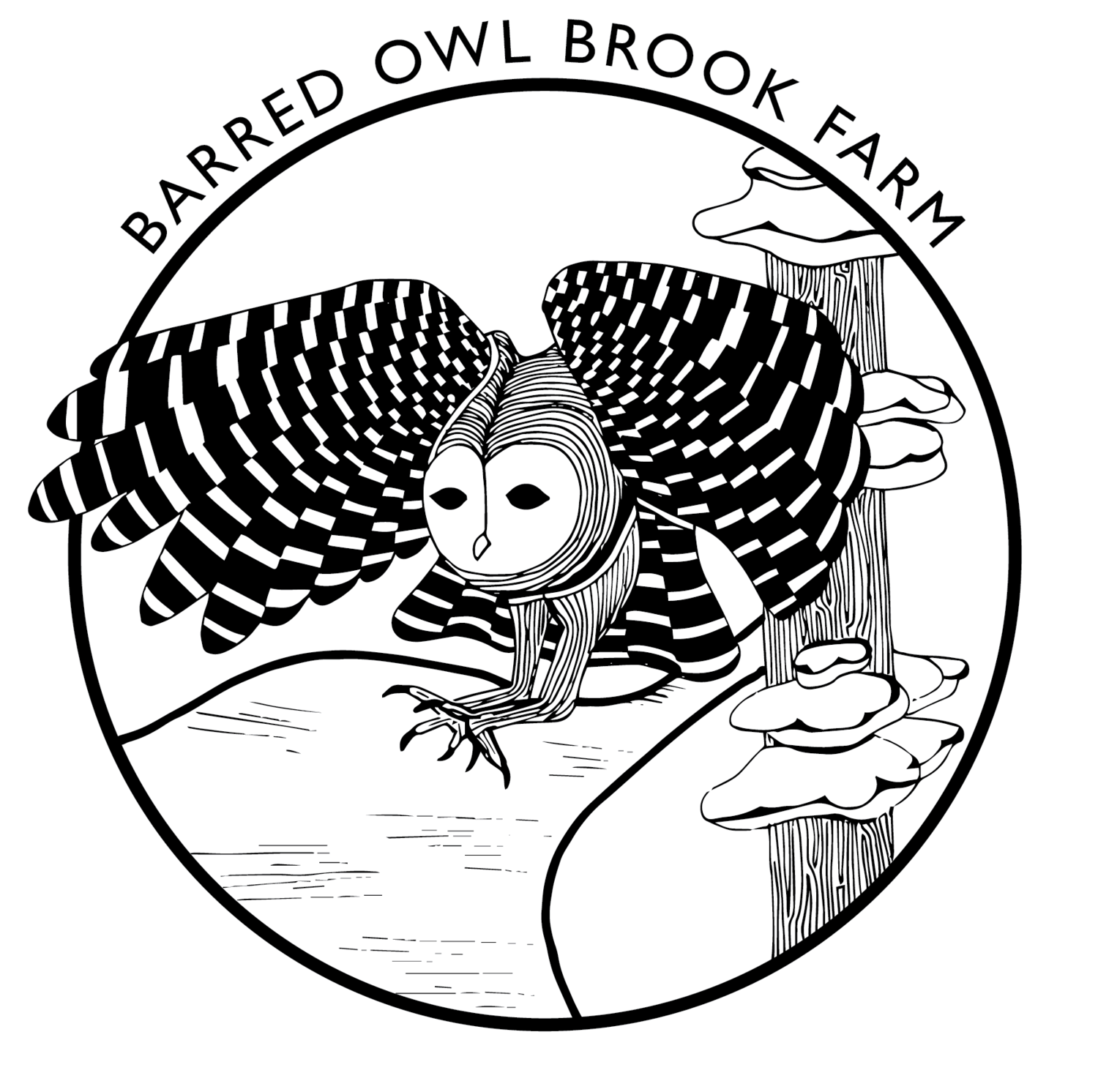**Please note: Fall planting not recommended for USDA Hardiness Zones 4 and below. Pawpaws are slow to get started in life, averaging ~6” of vertical growth each year for the first several years. Shade is required to prevent sun scald of the leaves until the young tree reaches a height of ~2’ and is 2-4 years old. Pawpaws also do not tolerate root disturbance well which is why we grow them in air-prune boxes, rather than nursery beds, to maximize their chance of post-planting survival.
Pawpaws grow relatively true from seed, and therefore, seedlings from improved parent trees are likely to exhibit many of the same desirable characteristics as the parent itself. Planting seedlings from improved, early-ripening cultivars is considered the best way to grow pawpaw in colder regions outside its historical range (e.g. in the Champlain Valley).
Varieties we offer:
Grimo Select - Cold hardy seedlings grown from seed sourced from Grimo Nut Nursery.
Oikos Select - Cold hardy seedlings grown from seed sourced from Oikos Tree Crops.
Pennsylvania Golden seedling - Please note that these are genetically unique SEEDLINGS of the cultivar Pennsylvania Golden, not the cultivar itself. PA Golden is a cold-hardy, early-ripening variety that produces large quantities of small to average sized fruit. Taste is reported to be good to above average. Original tree was selected and introduced by John Gordon of Amherst, New York.
Sheffield’s Michigan Common - Common pawpaw from Michigan. Fruit quality will be variable and likely mediocre, though there is certainly the potential for good fruit. Best used as a rootstock for grafting, conservation plantings or as a pollinator for other varieties.
More info on Pawpaw:
A native fruit by many names - Indiana banana, prairie banana, wild banana, the poor man's banana, American custard apple, quaker delight, and hillbilly mango, to list a few. Pawpaw is a definite outlier in the realm of temperate tree crops in that its flavor and appearance are undeniably tropical in nature. Pawpaw also holds the notable honor of being the largest native fruit in North America and the most temperate member of the custard-apple family Annonaceae.
Additional unique attributes include shade tolerance, disease and pest resistance and a relatively short lifespan of ~20-30 years. In general, shade-grown trees live longer but produce less fruit annually compared to full sun-grown trees.











